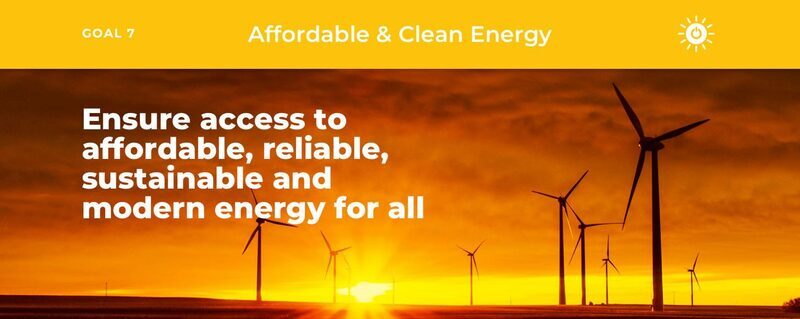
Research: Carbon dioxide up 10 times faster in past 50,000 years
The Oregon State University unveiled in a recent research that today’s rate of atmospheric carbon ...

The Arab Sustainable Development Report 2020 said the Arab States have made significant progress towards universal access to electricity with about 90 percent of the population having access to electricity.
This goes in accordance with the Sustainable Development Goal (SDG 7) “Ensure access to affordable, reliable, sustainable and modern energy for all.”
The report – issued recently by the United Nations Economic and Social Commission for Western Asia (ESCWA) – said that “Overall, access to electricity is close to universal in cities but remains fixed at approximately 80 percent in rural areas, with 36 million people lacking access in 2016.”
The share of people using clean fuels and technologies for cooking, heating and lighting has risen continuously since the 2000s, reaching around 95 percent in countries in the Mashreq, Maghreb and Gulf Cooperation Council (GCC) in 2016.
The United Arab Emirates, one of the world’s top exporters of net oil, is today the owner of the largest operating solar photovoltaic (PV) and concentrating solar power (CSP) plant in the world. Masdar City is a sustainable city powered by renewable energy. Its Masdar Institute is a graduate level academic institution dedicated to research and development in sustainable energy and water technologies. The institute is also the home of the Research Center for Renewable Energy Mapping and Assessment.
The Tunisian Solar Program (PROSOL), a joint initiative of the Governments of Tunisia and Italy and the United Nations Environment Program, began in 2005. It set up a dissemination mechanism, including soft loans and cost subsidies provided by the Government of Tunisia, allowing households easy access to solar technology. Consequently, solar water heating installations increased tenfold from 2005 to 2011. Over 50,000 Tunisian families now get their hot water from the sun; 42 technology suppliers have officially registered; and at least 1,000 companies have installed the systems, supporting job creation. The move has also prevented 240,000 tons of carbon dioxide emissions and reduced reliance on imported fuel.
Energy is crucial for the achievement of almost all of the SDGs as it is interwoven with other Sustainable Development Goals, the report said, highlighting its role in the eradication of poverty (SDG 1) as well as interlinkages between energy and other SDGs related to food (SDG 2), water (SDG 6), economic growth and economic planning (SDG 8), industrialization (SDG 9), sustainable consumption and production (SDG 12), and climate change (SDG 13).
The Oregon State University unveiled in a recent research that today’s rate of atmospheric carbon ...
Fine Hygienic Holding (FHH), one of the world’s leading wellness groups and manufacturers of hygienic ...
Foodics, the leading provider of restaurant management and financial tech solutions in the MENA region, ...


اترك تعليقا